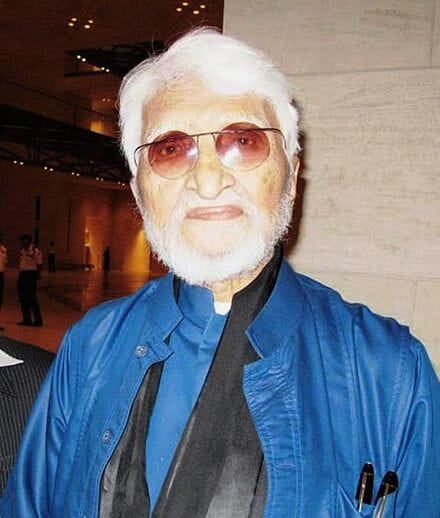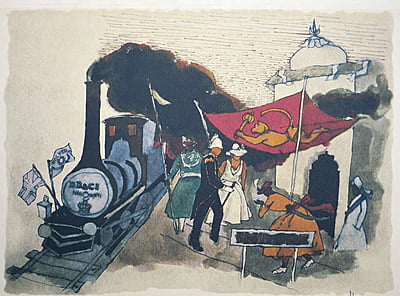
M F Husain
Husain, along with his contemporaries from the Sir J. J. School of Art, sought to transcend the traditional confines of the Bengal school of art, aspiring to elevate Indian art on the global stage. The tumultuous period of India's partition in 1947 became a pivotal moment for Husain; he viewed it as a catalyst for artistic transformation. Witnessing the profound impact of this historical event, he believed that a "new India" was emerging, one that demanded a fresh artistic perspective.
In response to this vision, Husain and his peers founded the Progressive Artists' Group in 1947, a movement dedicated to embracing modernism and innovative ideas. This collective, which included notable artists such as F. N. Souza, Krishna Hawlaji Ara, and Sayed Haider Raza, played a crucial role in reshaping the landscape of Indian art. Their commitment to breaking away from tradition and exploring contemporary themes not only empowered individual artists but also marked a significant turning point in the history of Indian art.
Husain's work is characterized by vibrant colors, bold lines, and a deep engagement with Indian culture and mythology. His unique ability to blend traditional motifs with modern techniques has left an indelible mark on the art world, making him a celebrated figure both in India and internationally. Through his visionary approach and dedication to artistic innovation, M. F. Husain continues to inspire generations of artists, embodying the spirit of modern Indian art













